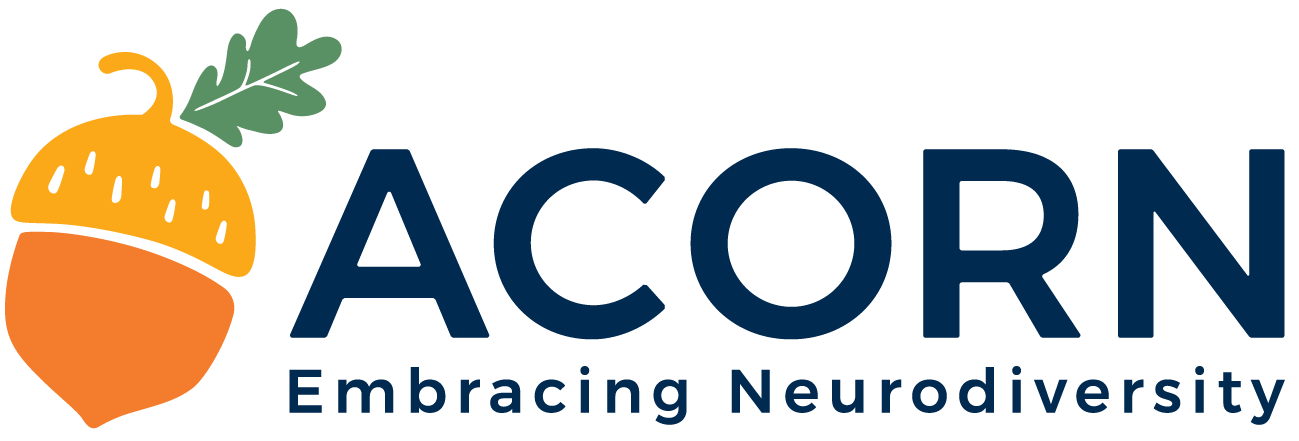Shining a Light on ADHD in Girls: From Overlooked to Understood
How we can change the narrative and equip neurodivergent girls with tools to participate, thrive & belong!
ADHD in Girls is Often Overlooked
When most people think about ADHD, their minds instantly jump to the stereotype of “hyperactive” boys — fidgeting in class, blurting out answers, and bouncing from one thing to the next. But the reality is that ADHD affects girls just as often as boys — so why don’t more people recognise ADHD in girls?
Research shows that girls are diagnosed with ADHD at only a third of the rate of boys. This reflects decades of ADHD research centered on the male experience of neurodiversity. Combined with the more subtle ways ADHD presents in girls — and the masking strategies many adopt — young girls are often overlooked, misdiagnosed, or dismissed when seeking support.
Why ADHD in Girls is Often Missed
Inattentive type ADHD is more common in girls. Traits like daydreaming or quiet distractibility are harder to spot in busy classrooms.
Different expressions of hyperactivity — often internalised rather than physical — meaning adults may miss signs if they’re only looking for stereotypical behaviours.
Masking strategies help girls “fit in” but can hide challenges, often at a cost to mental health.
Puberty and hormones can intensify ADHD symptoms, leading to struggles in the teenage years.
Signs of ADHD in Girls: What to Look Out For
Enthusiastic talking and eagerness to join in conversations
High sensitivity to criticism (rejection sensitivity)
Overthinking and excessive worrying
Perfectionism and fear of failure
Risk-taking or impulsive choices
Trouble making or maintaining friendships
Daydreaming or zoning out into fantasy worlds
Intense curiosity and challenges with social boundaries
Two Expressions of ADHD in Girls
The Daydreamer 💭
Quietly drifting through her days, the Daydreamer may appear “spaced out” but her brain is deeply imaginative and often highly active beneath the surface.
Struggles with transitions and multi-step instructions
May drift at the edge of friendship groups
Sensitive to criticism and emotional shifts
The Girl Boss 🌟
With bold natural energy, the Girl Boss often takes charge but can be misunderstood by many.
Natural leader in groups
Speaks without a filter
May be misperceived as defiant when masking confusion
Resists change when overwhelmed
ADHD Masking and Rejection Sensitivity
Masking ADHD:
Many girls with ADHD adapt by camouflaging traits, hiding mistakes, or pushing down emotions to fit social expectations. While masking can help them blend in, it often leads to anxiety, exhaustion, and reduced self-esteem.
Rejection Sensitivity Dysphoria (RSD):
RSD is an intense emotional reaction to real or perceived criticism, failure, or rejection. It can create cycles of avoidance, overthinking, and self-doubt. Understanding RSD is key to supporting girls with ADHD in healthy, affirming ways.
Building Resilience and Emotional Regulation
If masking and RSD sound familiar for your daughter, try these supportive strategies:
Encourage evidence-based thinking before assuming rejection
Explore alternative explanations together through open conversations
Model pausing and reflecting before reacting emotionally
Co-create tools for emotional regulation
Supporting Girls with ADHD
Supporting Girls with ADHD at Home:
Teach her how the ADHD brain works
Track how lifestyle factors (sleep, nutrition, routines) affect focus
Discuss hormonal changes and ADHD during puberty
Provide structure, predictability, and realistic expectations
Celebrate strengths and small successes
Create time for fun, low-pressure activities
Supporting Girls with ADHD at School:
Advocate with teachers and leadership for understanding and accommodations
Share resources on ADHD in girls with educators
Request supports such as flexible seating, noise-reducing headphones, or communication diaries
When to Seek Professional Help:
Seek professional support if you notice:
Significant struggles in daily life or school, academically or socially
Persistent anxiety symptoms
Major mood or personality changes
Harmful coping behaviours (e.g. self-medicating)
Any signs of self-harm or suicidal thoughts (contact the Mental Health Community Acute Service at 0800 800 717 immediately)
Every Girl Deserves to Thrive.
At Acorn Neurodiversity, we believe every girl with ADHD deserves to be understood, supported, and celebrated for her unique strengths. With early recognition and neuroaffirming strategies, we can change the trajectory of a girl’s life — helping her grow into a confident, resilient young woman.
📩 If you’d like to learn more, book an ADHD assessment, or enquire about Neuro-affirming Mental Health Support, contact our team at Acorn Neurodiversity.

